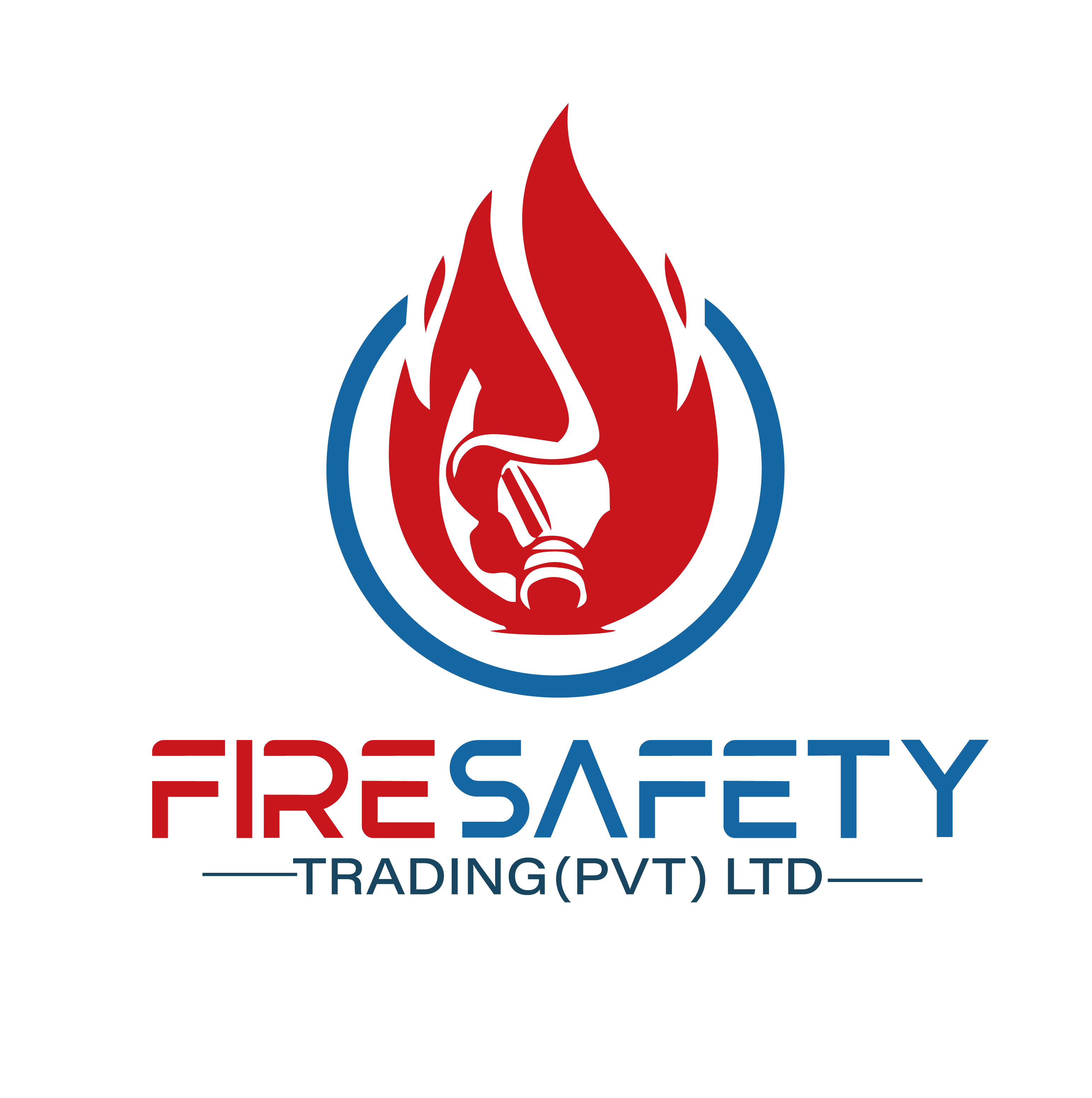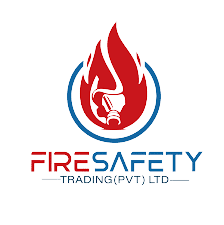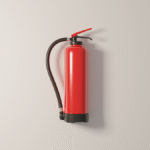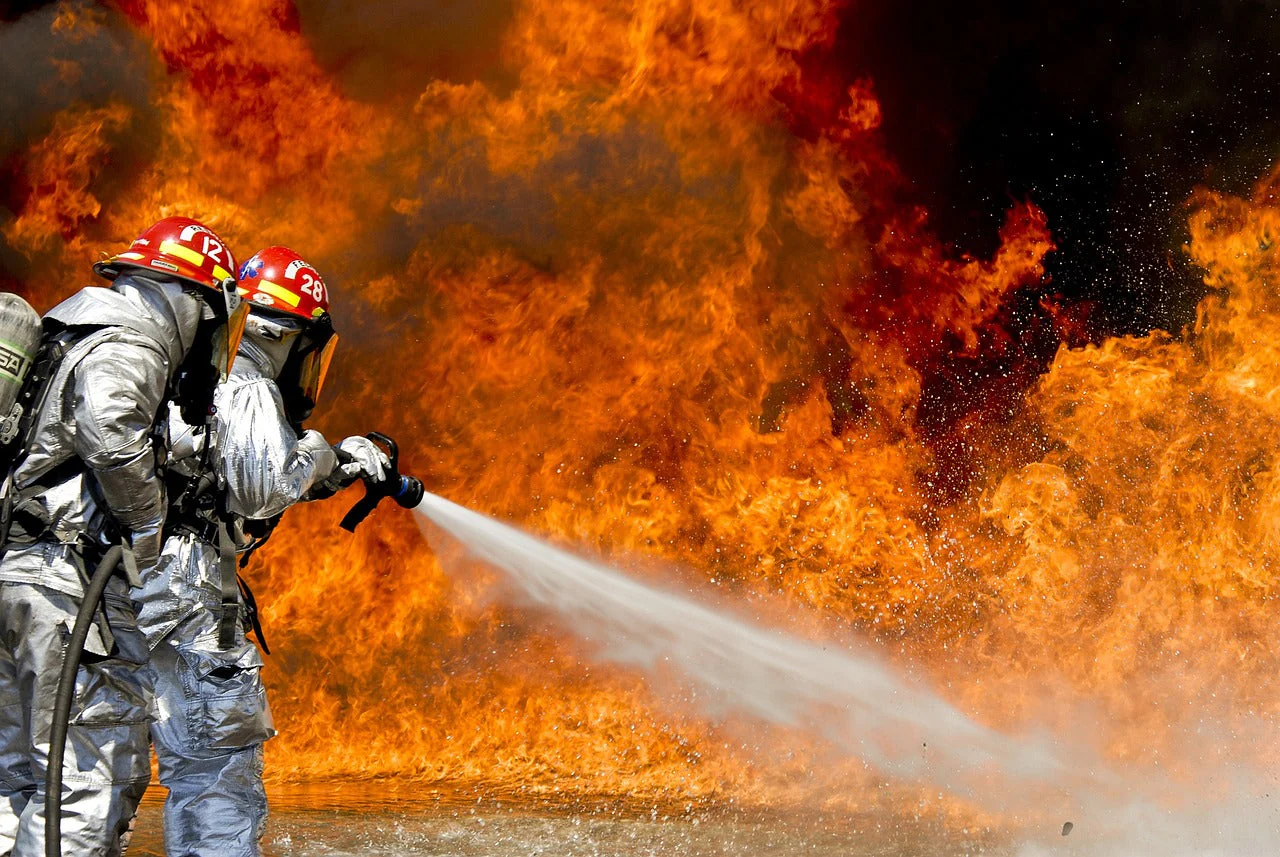Fire safety involves practical steps to prevent fires, detect them early, and respond effectively when they occur. In places like Islamabad and Rawalpindi, where urban growth brings more buildings and industries, understanding these basics can save lives and property. Fires can start from simple causes like faulty wiring or unattended cooking, and knowing how to handle them makes a big difference in densely populated areas.
This guide covers the key aspects of fire safety in straightforward terms, focusing on what residents and businesses in Pakistan need to know. Whether you’re setting up a home, office, or factory, these principles apply universally. We’ll also touch on where to find reliable fire safety equipment, especially if you’re looking for options close by.
Understanding Fire Hazards in Everyday Life
Fires often stem from common risks that people overlook. In Pakistani households, kitchens pose a major threat due to gas stoves and open flames used for cooking. Electrical issues, such as overloaded sockets or old wiring, are another frequent culprit, particularly in older buildings around Rawalpindi’s markets or Islamabad’s residential sectors.
To minimize these dangers, start by identifying potential hotspots in your space. For instance, keep flammable materials like curtains or paper away from heat sources. In commercial settings, like shops in Saddar or offices in Blue Area, ensure that storage areas aren’t cluttered with combustible items. Regular checks on appliances and wiring can prevent many incidents. If you’re in a high-rise, pay attention to escape routes, as vertical structures can trap smoke quickly.
Awareness of seasonal factors matters too. During winters in Islamabad, heaters and bukhari stoves increase fire risks if not monitored. Simple habits, like turning off appliances when not in use and avoiding extension cords for heavy loads, go a long way.
Preventing Fires Through Smart Practices
Prevention forms the core of fire safety. It begins with proper installation of electrical systems. Hire qualified electricians to inspect and upgrade wiring, especially in areas prone to power fluctuations. In Rawalpindi’s industrial zones, factories should enforce no-smoking policies near chemicals or machinery.
For homes, teach family members about safe cooking. Never leave the stove unattended, and use timers as reminders. Install child-proof locks on gas valves if you have young kids. In schools or mosques, where large gatherings happen, clear pathways and avoid blocking exits with furniture or decorations.
Another key practice is handling flammable liquids carefully. Store petrol or cleaning agents in metal containers away from living areas. In workshops, use spark-proof tools around such substances. Community education plays a role here local authorities in Islamabad often run awareness campaigns, but personal responsibility ensures compliance.
Integrating technology helps too. Smart plugs that shut off power remotely can prevent forgotten irons or chargers from causing trouble. For businesses, fire-resistant materials in construction, like treated wood or non-flammable paints, add an extra layer of protection.
Early Detection: The Role of Alarms and Sensors
Detecting a fire early gives you precious time to act. Smoke detectors are essential devices that sense smoke particles and sound an alarm. Place them on ceilings in bedrooms, hallways, and kitchens, but not too close to stoves to avoid false alerts from cooking fumes.
In Pakistan, where power outages are common, opt for battery-operated or hardwired models with backup batteries. Carbon monoxide detectors are equally important, especially in homes using gas heaters, as this invisible gas can build up without notice.
For larger spaces like offices in F-8 or warehouses in I-9, heat detectors work well in areas with dust or steam, where smoke alarms might trigger unnecessarily. Test these devices monthly by pressing the button and replace batteries twice a year. Professional installation ensures they cover all zones effectively.
Modern systems connect to apps, sending alerts to your phone even if you’re away. This is handy for property owners in Rawalpindi who manage multiple sites. Combining detection with sprinklers automates response, suppressing fires before they spread.
Responding to a Fire: Steps to Stay Safe
If a fire breaks out, stay calm and follow a plan. First, alert everyone by shouting “fire” or activating alarms. Evacuate immediately using the nearest safe exit don’t waste time gathering belongings.
Use the PASS technique for small fires: Pull the pin, Aim at the base, Squeeze the handle, Sweep side to side. But only attempt this if the fire is contained and you have an escape route. In multi-story buildings, crawl low under smoke, as heat rises.
For families, create an evacuation plan with meeting points outside, like a neighbor’s gate or a street corner. Practice drills quarterly to build muscle memory. In crowded places like bazaars in Rawalpindi, head away from the source and avoid elevators.
Call emergency services right away dial 15 for police or 16 for fire brigade in Pakistan. Provide clear details: location, type of fire, and if anyone is trapped. After exiting, don’t re-enter; let professionals handle it.
Special considerations apply for vulnerable groups. Elderly or disabled individuals need assigned helpers during evacuations. In schools, teachers should account for all students at the assembly point.
Essential Fire Safety Equipment You Need
Having the right tools on hand turns potential disasters into manageable situations. Fire extinguishers come in types like ABC for general use, covering electrical, flammable liquids, and ordinary combustibles. Keep one in the kitchen, garage, and each floor of your building.
Blankets made of fire-resistant fabric smother small flames, ideal for clothing fires. Ladders provide escape from upper floors if stairs are blocked. For comprehensive protection, consider full kits that include gloves, masks, and first-aid supplies.
When sourcing these, look for quality products that meet international standards. In Islamabad and Rawalpindi, reliable fire safety equipment is available from local suppliers who understand regional needs. If you’re searching for fire safety equipment near me, options in areas like Commercial Market or Satellite Town offer convenience.
Hydrants and hoses are vital for larger properties, ensuring water access during emergencies. Portable pumps help in remote sites without municipal supply. Regular refills and checks keep extinguishers functional many suppliers provide this service.
For businesses, installing suppression systems in server rooms or kitchens prevents extensive damage. These use gases or foams to extinguish fires without water, protecting electronics.
Finding Reliable Suppliers in Your Area
Selecting a trustworthy provider ensures your equipment performs when needed. Safety equipment suppliers in Rawalpindi stock a range of items, from basic alarms to advanced systems. Look for those with certifications and positive reviews from local users.
Proximity matters for quick deliveries and servicing. Suppliers near Islamabad’s expressway or Rawalpindi’s GT Road can respond faster. They often offer consultations to assess your specific requirements, whether for a small shop or a large factory.
One such provider is Fire Safety Trading, which specializes in fire-fighting gear tailored for Pakistani conditions. Their inventory includes everything from portable extinguishers to complete suppression setups. Visiting their site gives a detailed fire-fighting equipment list, helping you choose based on your budget and space.
Ask about warranties and after-sales support. Good suppliers train users on equipment handling, boosting confidence. Comparing quotes from a few ensures value without compromising quality.
Maintenance and Training for Long-Term Safety
Equipment alone isn’t enough; upkeep and knowledge make it effective. Schedule annual inspections by certified technicians to check for leaks, corrosion, or expired agents in extinguishers.
Clean detectors from dust, common in dusty environments like Rawalpindi’s outskirts. Replace units every 10 years, as sensors degrade over time.
Training empowers people. Workshops on fire drills and equipment use build skills. In workplaces, mandatory sessions under labor laws ensure staff readiness. Community programs in mosques or schools spread knowledge wider.
Online resources from Pakistan’s Civil Defence offer free guides, but hands-on practice solidifies learning. Encourage reporting hazards promptly to prevent escalation.
Building a Culture of Fire Safety
Integrating these basics into daily routines fosters a safer environment. In urban centers like Islamabad and Rawalpindi, where construction booms, adhering to building codes with fire-resistant designs is crucial.
Government initiatives, like those from the Capital Development Authority, enforce standards, but individual actions amplify them. Share knowledge with neighbors to create resilient communities.
Ultimately, fire safety is about preparation and vigilance. By equipping yourself properly and staying informed, you reduce risks significantly.
If you’re ready to enhance your setup, check out Fire Safety Trading’s offerings. Their fire-fighting equipment list at https://firesafetytrading.com.pk/fire-fighting-equipment-list/ provides detailed options suited for local needs. Contact them for personalized advice staying protected starts with the right choices.





